Why Self-Efficacy is One of the Most Important Aspects of a Patient’s Recovery
The following is adapted from Called to Care.
One of my favorite physical therapy patients ever was Tommy, a Green Beret who suffered from multiple lower extremity trauma injuries after a parachute jump on a windy day. We were preparing to get him back in marching shape, which for a Green Beret typically means covering ten-miles-plus of ground while wearing a thirty-pound or more backpack.
After fifty feet of marching, Tommy sat down and would not continue. This fear-avoidance phenomenon is common and cannot simply be cured by cajoling or encouragement. Working through this takes empathy and a high-quality, trusting connection over a period of time. We talked openly about fear and anxiety, and he acknowledged that his physical capacity at this stage of his rehab was adequate for what I asked him to do. The issue was, Tommy simply didn’t believe he could do it.
For the next few sessions, we focused on a pact and a phrase we co-created: “believing is seeing.” Tommy would repeat my belief in him as his PT, “Tommy, your body says it can achieve.” He would then leverage the confidence I had in him with a gain in confidence in himself. As this process evolved, Tommy eventually completed all the physical demands, including the lengthy marches required for his Green Beret status.
Tommy is living proof that self-efficacy works. Self-efficacy is the belief that one is able to produce the desired results through one’s own actions, and it’s one of the most important aspects of a patient’s recovery. Here’s why.
Why Self-Efficacy is So Important for Patient Care
In the article “Self-Efficacy: The Power of Believing You Can,” J.E. Maddux summarizes three decades of research showing that our sense of self-efficacy is the most important thing in determining what we choose to do, how long we persevere at it, and how far we succeed. “When equipped with an unshakeable belief in one’s ideas, goals, and capacity for achievement,” he explained, “there are few limits to what one can accomplish.”
This is the sense of positivity and confidence we need to cultivate in our patients. Once you have a high-quality connection, your patient will trust you more, and trust becomes the currency of mutual relationships that enables patients to open up about their spoken and unspoken needs. You can then utilize the mutuality of the relationship to tap into and enhance your patient’s self-efficacy.
A strong sense of self-efficacy has many benefits, including improved physical health and well-being. Self-efficacy has been found to be a strong factor associated with less pain-related disability among older veterans with chronic pain. Research has also shown that greater self-efficacy is also associated with higher levels of exercise adherence in healthy populations as well as compliance and long-term exercise adherence for those undergoing cardiac rehabilitation. A weak sense of self-efficacy, on the other hand, can have negative consequences, such as depression, anxiety, and avoidance behavior.
How to Build Patients’ Self-Efficacy
Healthcare practitioners have the opportunity to build a patient’s self-efficacy through simple actions. It’s crucial to give patients verbal encouragement instead of just passively watching their actions. Patients feel much more capable when you give them a “Joe, your form and pace were right on!” instead of silence or a simple nod.
You can also facilitate positive feeling states by using specific language that resonates with the patient. For example, speak directly to their interests and stay focused on the future. Instead of motivating a patient simply by saying, “You can do it,” try more specific language, like “Mary, just think of how much fun you and your husband Joe will have going back to your walking routine.”
Also, be sure to highlight and capitalize on the patient’s progress. Remind them where they were at in previous sessions and point out how far they’ve come. You can also encourage them by sharing success stories associated with similar patients. For patients undergoing rehab post total hip and knee replacements, spine surgery, and shoulder surgery, we provide with permission a patient ambassador of similar demographics who has agreed to be a reference and speak to their rehab and recovery.
Finally, healthcare practitioners should be prepared to give up a certain amount of status or control in order to empower their patients. All too often, the focus has been on us as providers from a position of authority. By changing our mindset from one of control to one of support and service, we aid greatly in the healing process as well as develop a relationship based on mutuality. Sit down with your patient, be transparent, fully display your own humanness and the result will be mutuality, which will elevate your patient’s self-efficacy. For example, a patient who trusts you is more apt to listen to your advice on changes to his or her diet and exercise and will be more likely to comply with your recommendations.
Belief Comes First
Traditionally, providers simply enter rooms and start with procedures like blood pressure, respiration, and pulse rate. Contrast this norm with a simple way that is not only more courteous but also encourages self-efficacy—asking for permission before you do something. For example, you might say, “Is it ok with you if I take your blood pressure?”
As simple as they are, these strategies for compassionate, kind, and positive care help change outcomes and enhance the self-efficacy of our patients. The evidence strongly suggests that when medical practitioners encourage self-efficacy and use motivational interaction, patients are more likely to show up, stick to the treatment, and recover more quickly.
People say “seeing is believing,” but in healthcare, belief tends to come first. When your patients believe in themselves, they believe they can do anything—and they often prove themselves right.
For more advice on patience, you can find Called to Care on Amazon.
Dr. Larry Benz, PT, DPT, OCS, MBA, MAPP, is the co-founder of Confluent Health, a network of physical therapy and related healthcare companies dedicated to delivering exceptional care, educating and developing highly effective clinicians, strengthening private practice, reducing healthcare costs, and elevating care in healthcare. A frequent lecturer at Physical Therapy programs, national conferences, and MBA schools throughout the country, Dr. Benz graduated from Bowling Green State University trained at Baylor University and the University of Pennsylvania. He is a nationally recognized award recipient for his expertise in private-practice Physical Therapy and occupational medicine. As the co-developer of Jacmel Rehabilitation, Dr. Benz and his colleagues at Confluent Health and other various organizations have built a sustainable physical rehabilitation clinic in Haiti. For more information, please visit PThelpforHaiti.org and CalledtoCarebook.com.



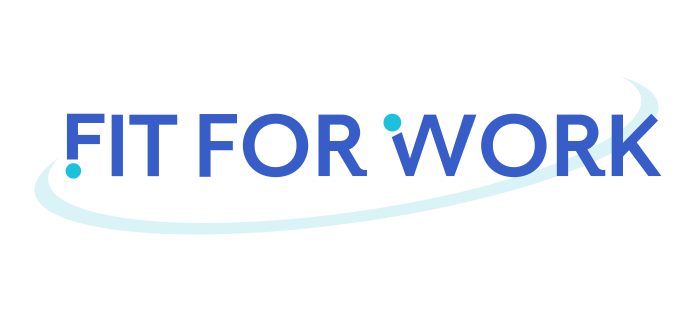


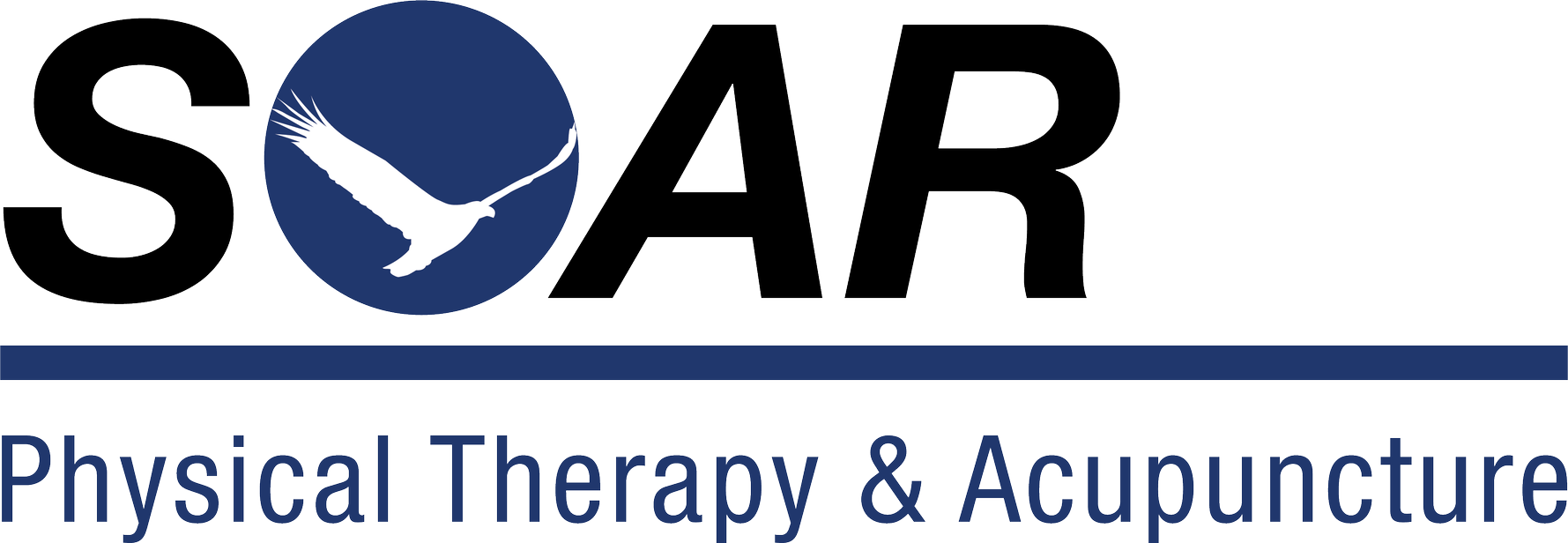

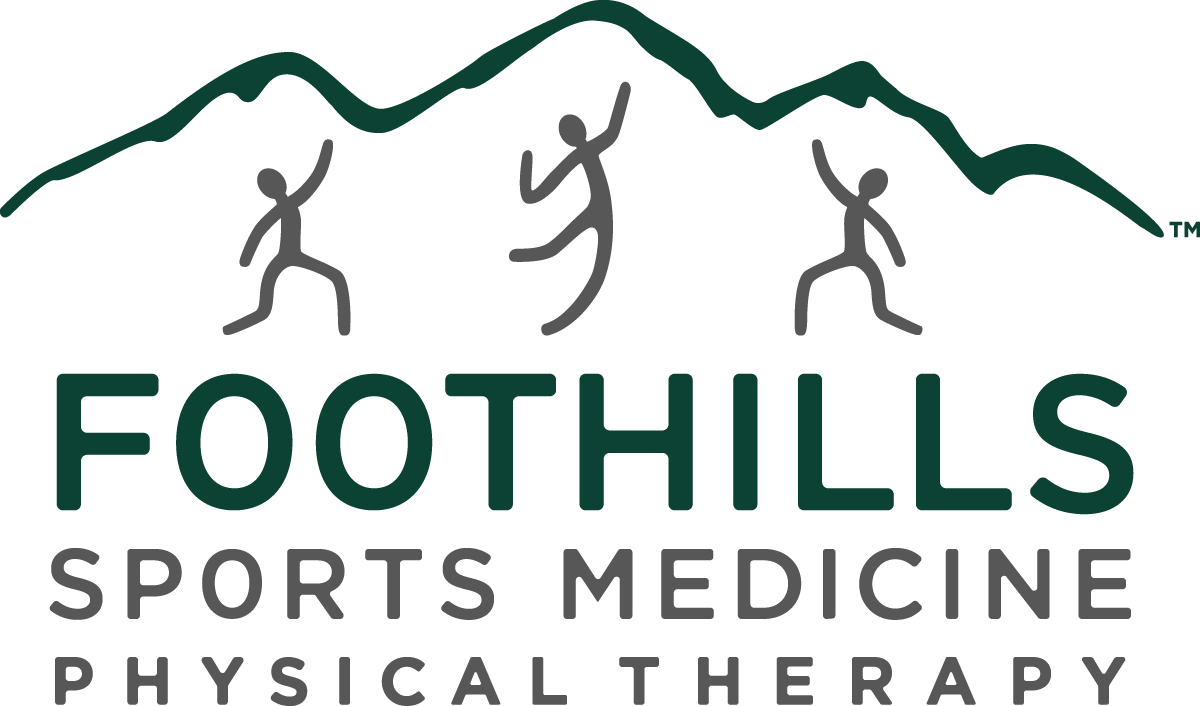
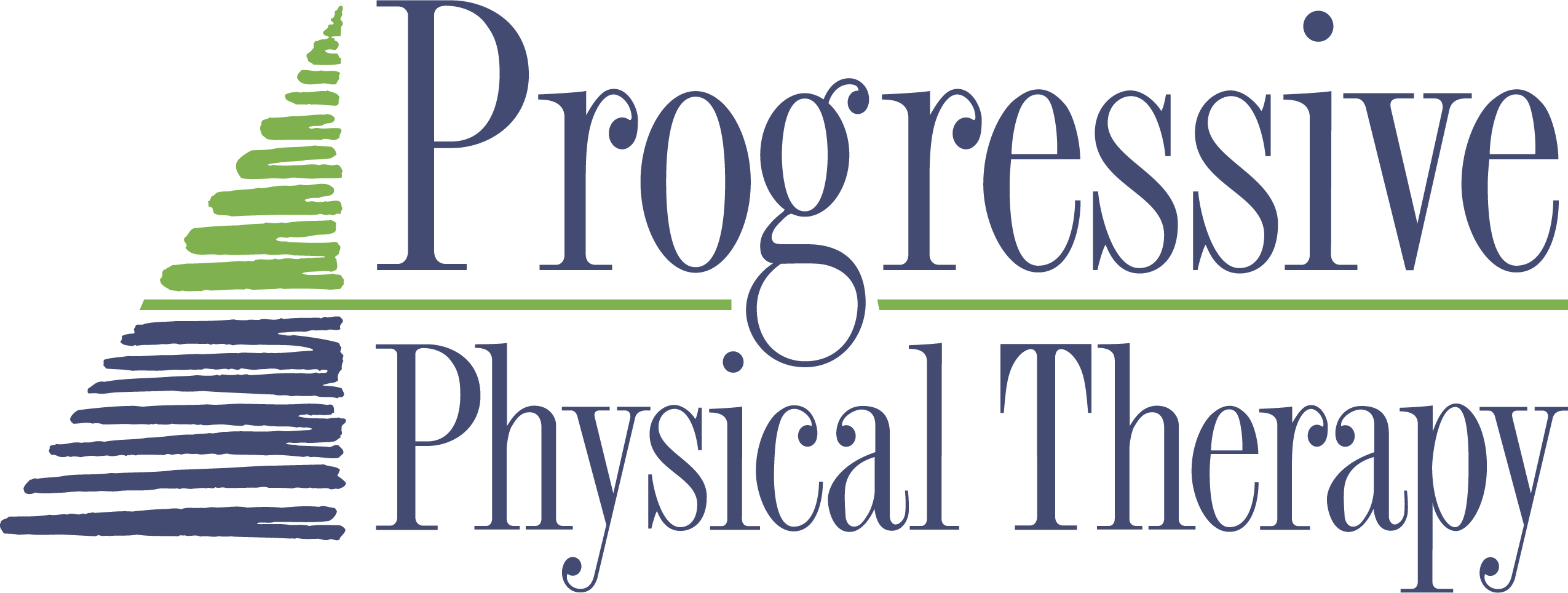

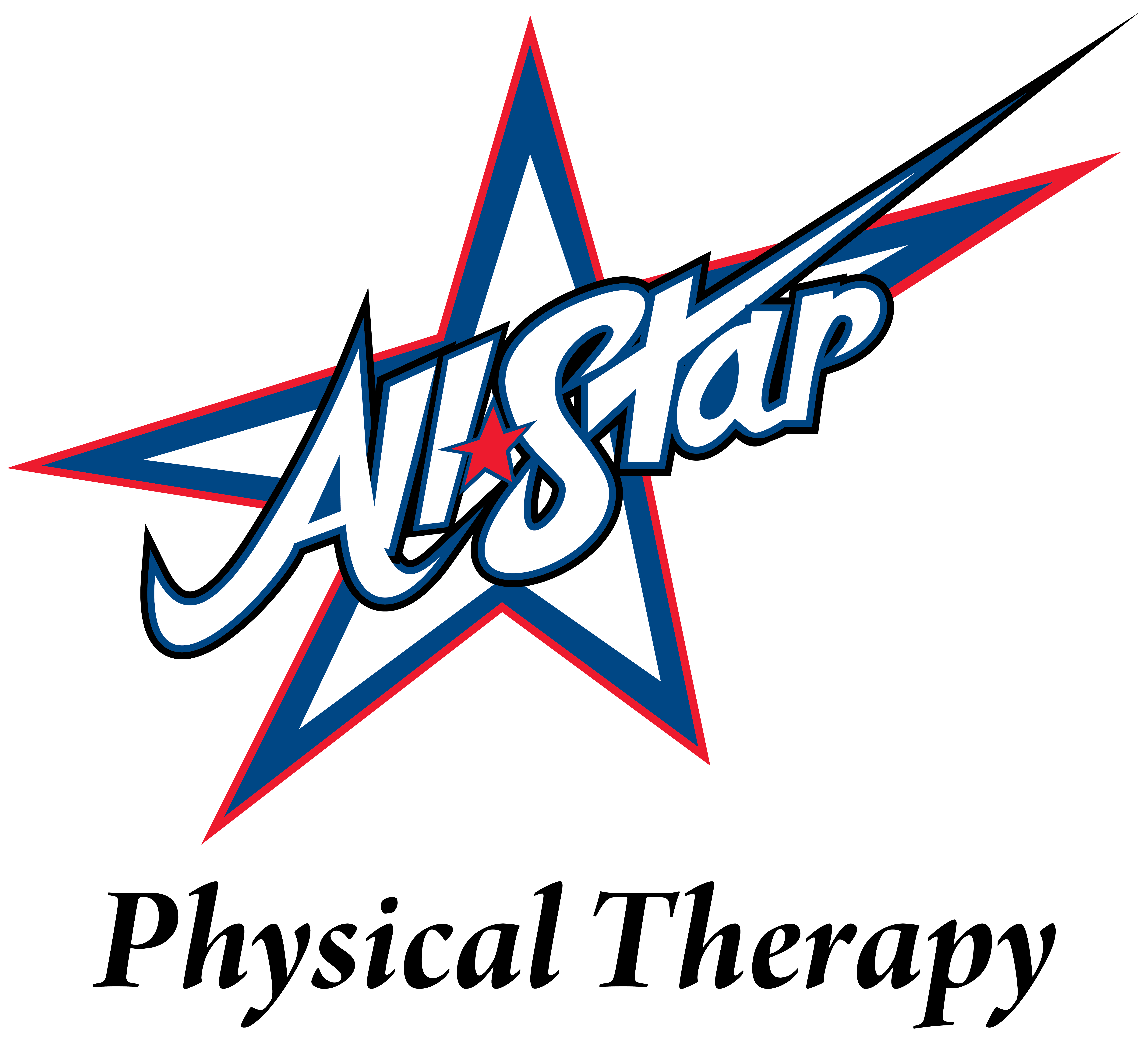




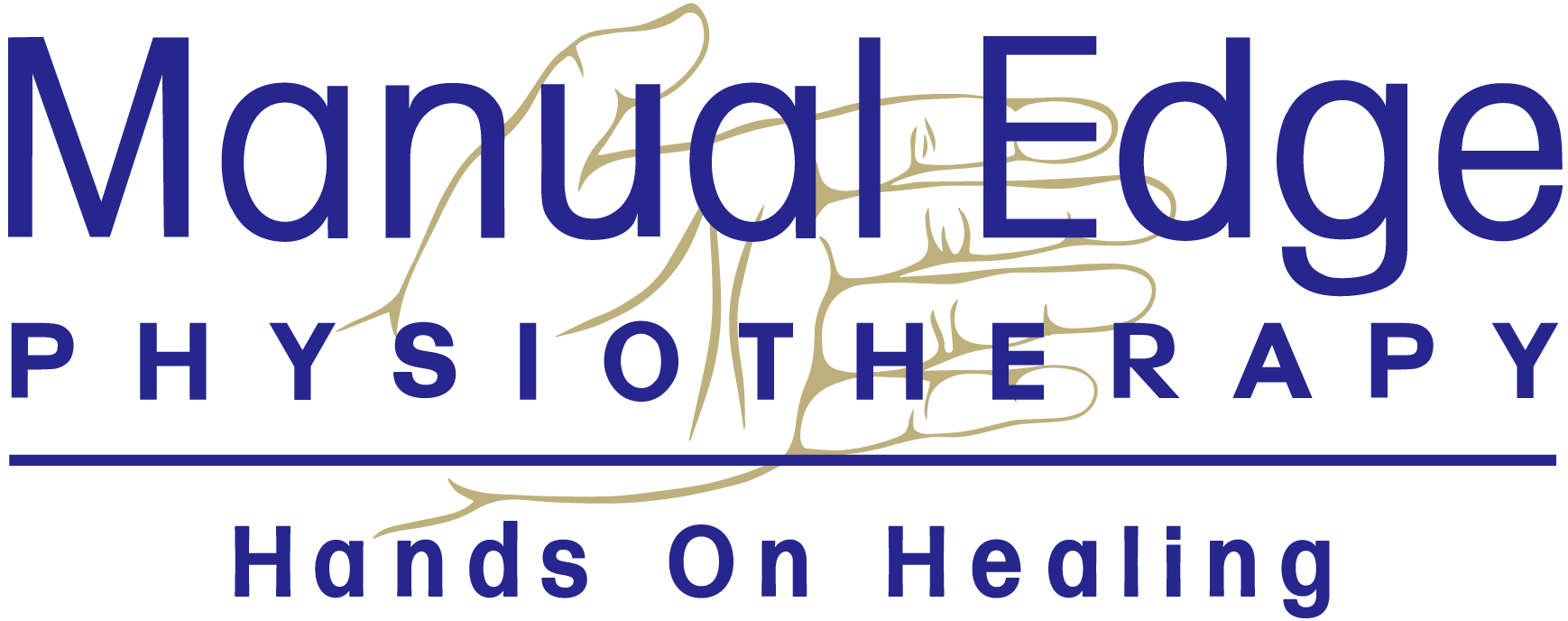
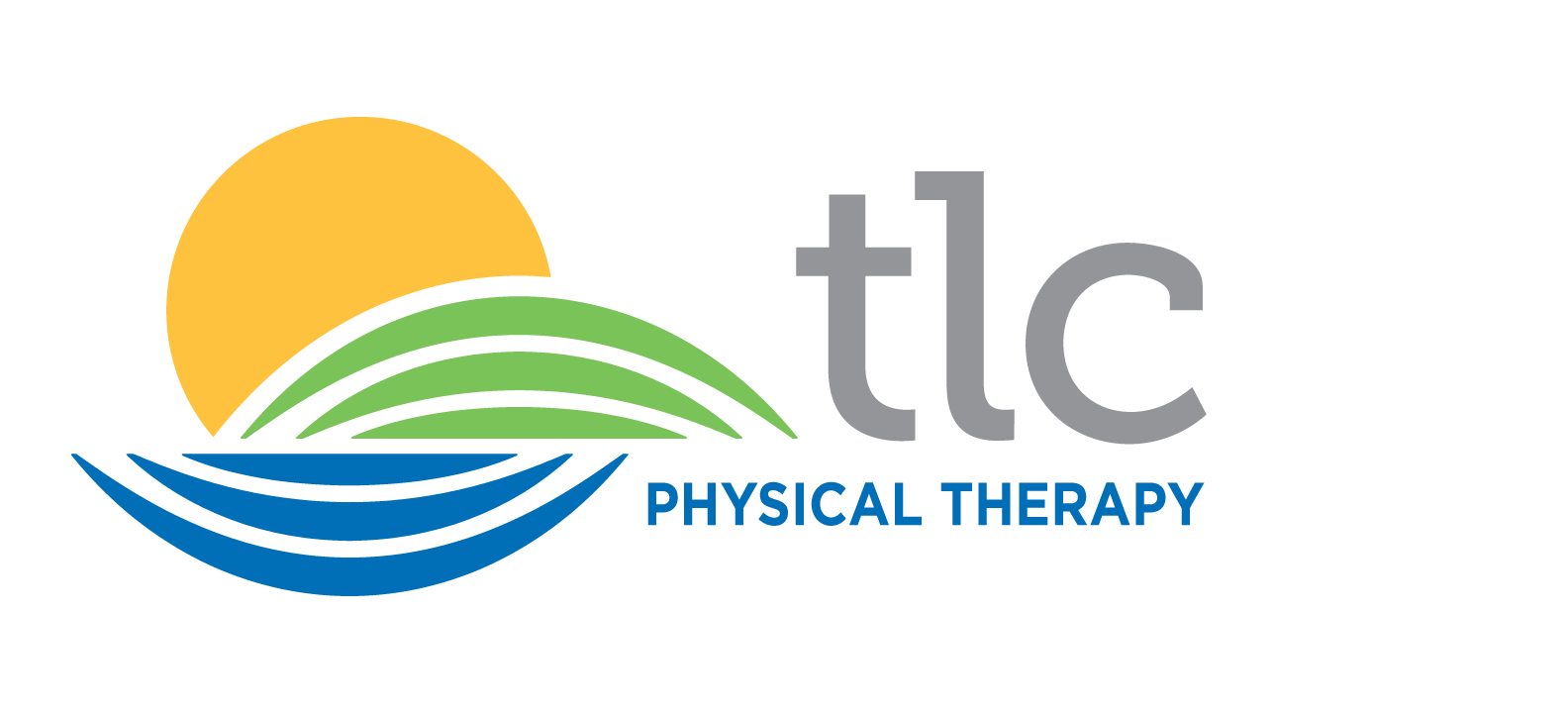
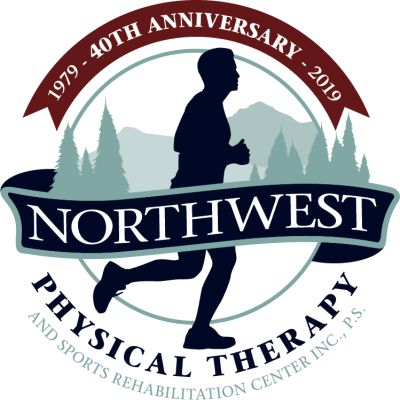



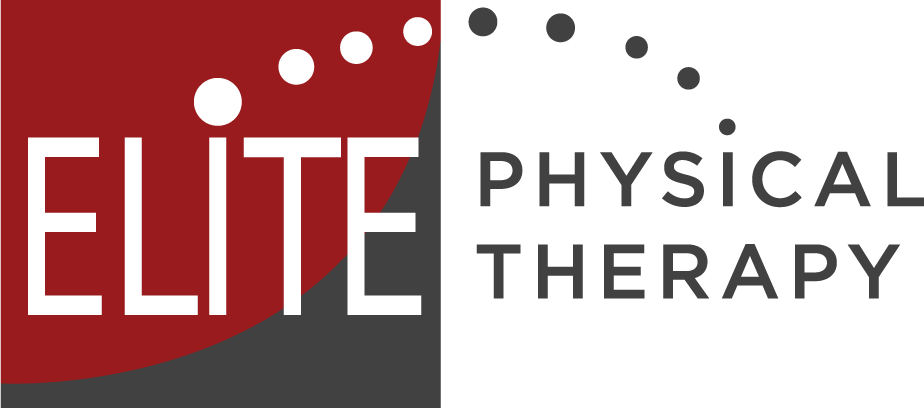

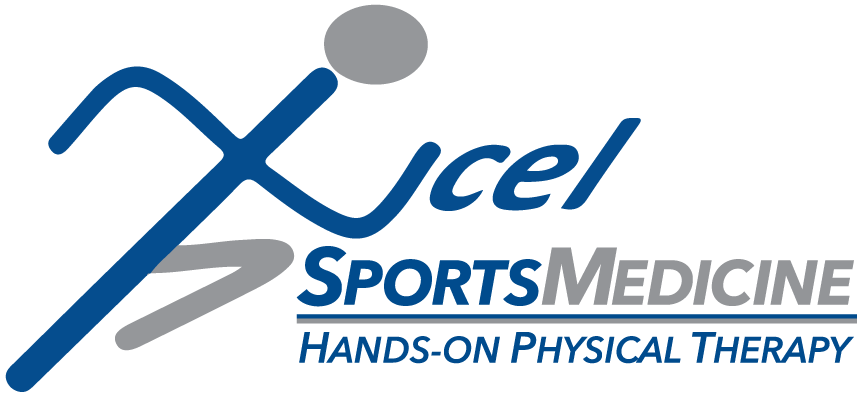



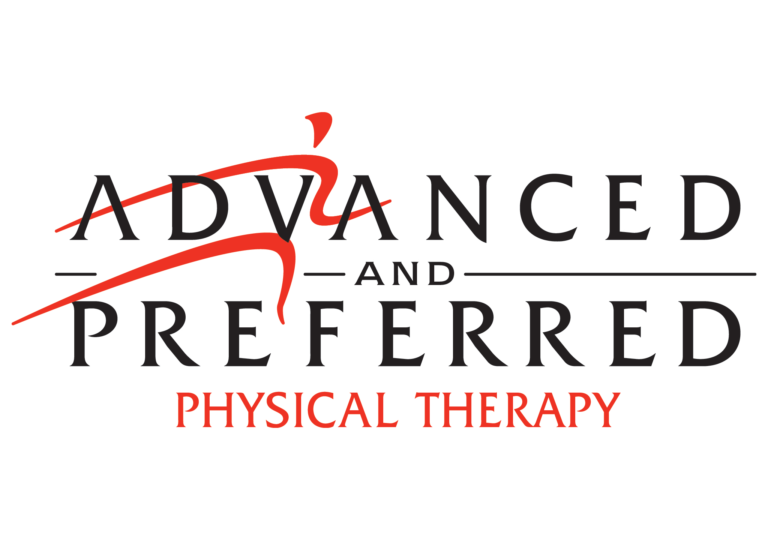

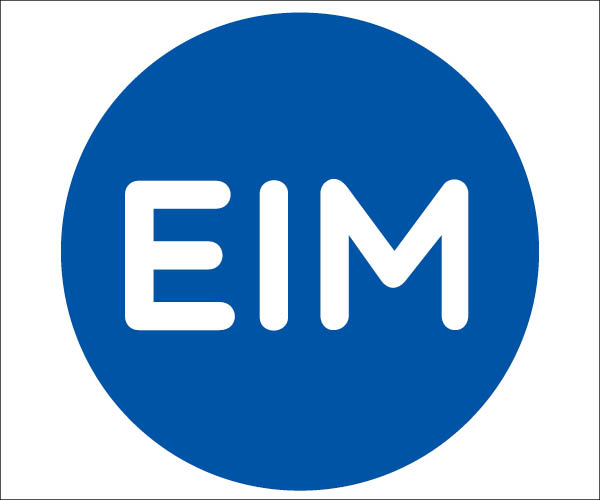

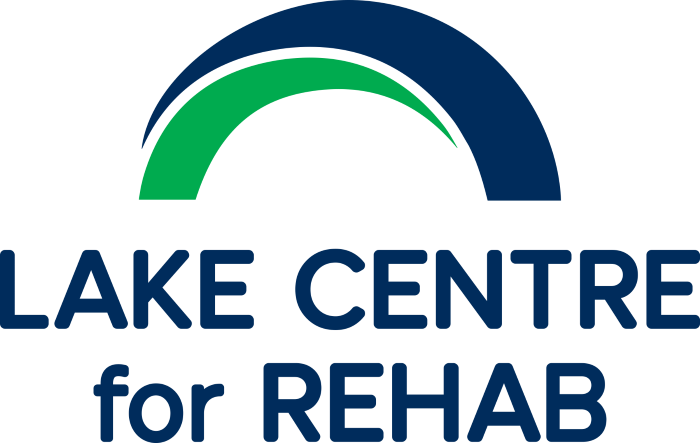
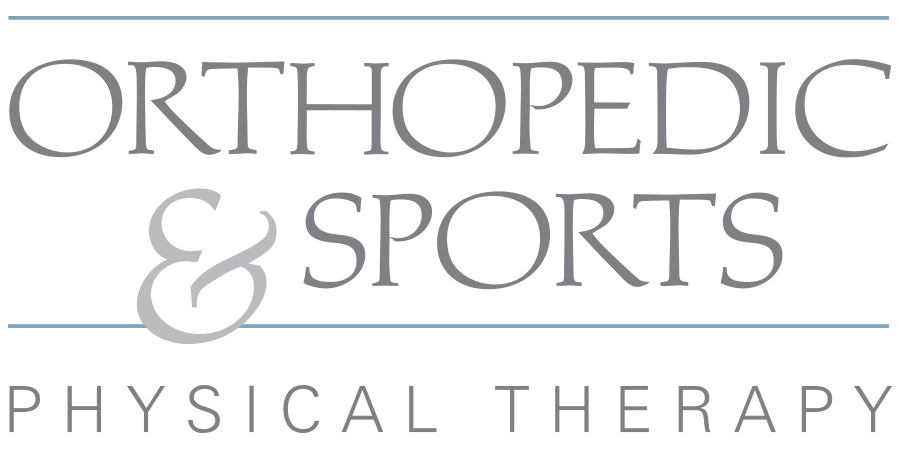

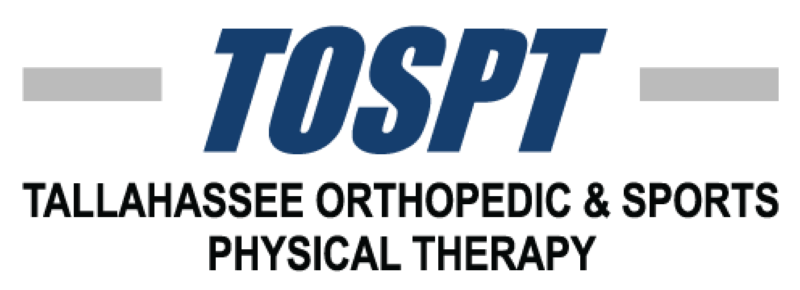






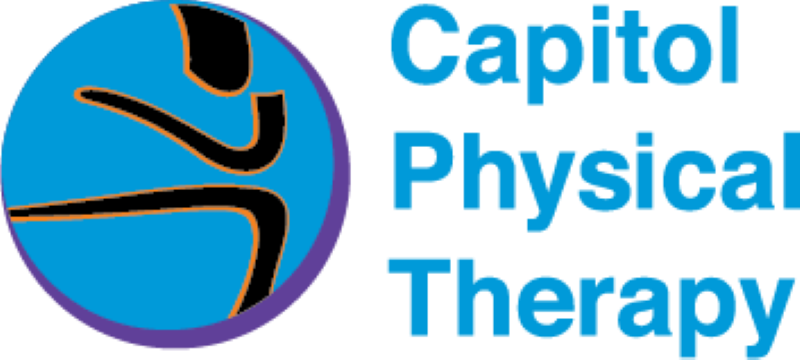






 Director of Marketing, Training and Professional Development
Director of Marketing, Training and Professional Development Marketing Consultant | Boutique Partners
Marketing Consultant | Boutique Partners Digital Marketing Specialist
Digital Marketing Specialist Digital Marketing Manager
Digital Marketing Manager Senior Graphic Designer
Senior Graphic Designer Content Production Manager
Content Production Manager Graphic Designer
Graphic Designer Senior Director of Partner Growth
Senior Director of Partner Growth Hive Marketing Liaison
Hive Marketing Liaison Digital Marketing Campaign Specialist
Digital Marketing Campaign Specialist Marketing Analyst
Marketing Analyst VP Brand Communications
VP Brand Communications  Web Designer
Web Designer Marketing Communications Specialist
Marketing Communications Specialist PR + Communications Manager
PR + Communications Manager Senior Director, Consumer Media Group
Senior Director, Consumer Media Group